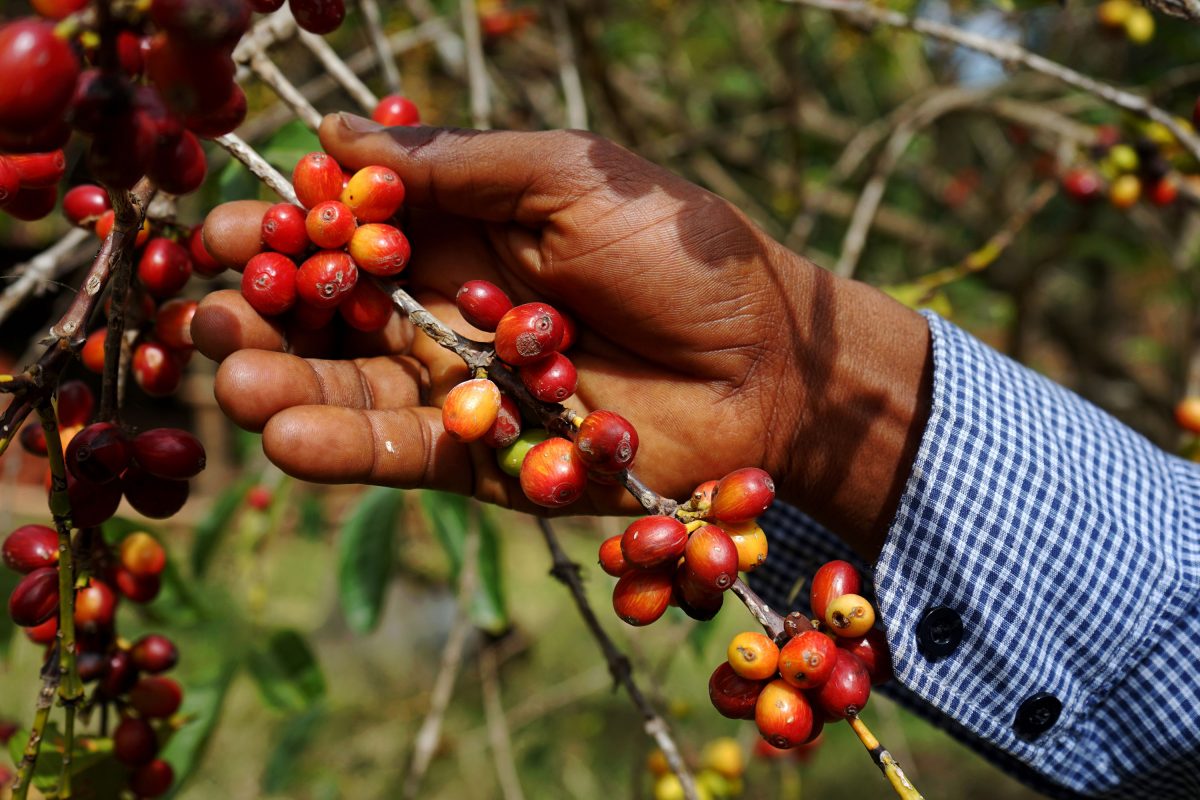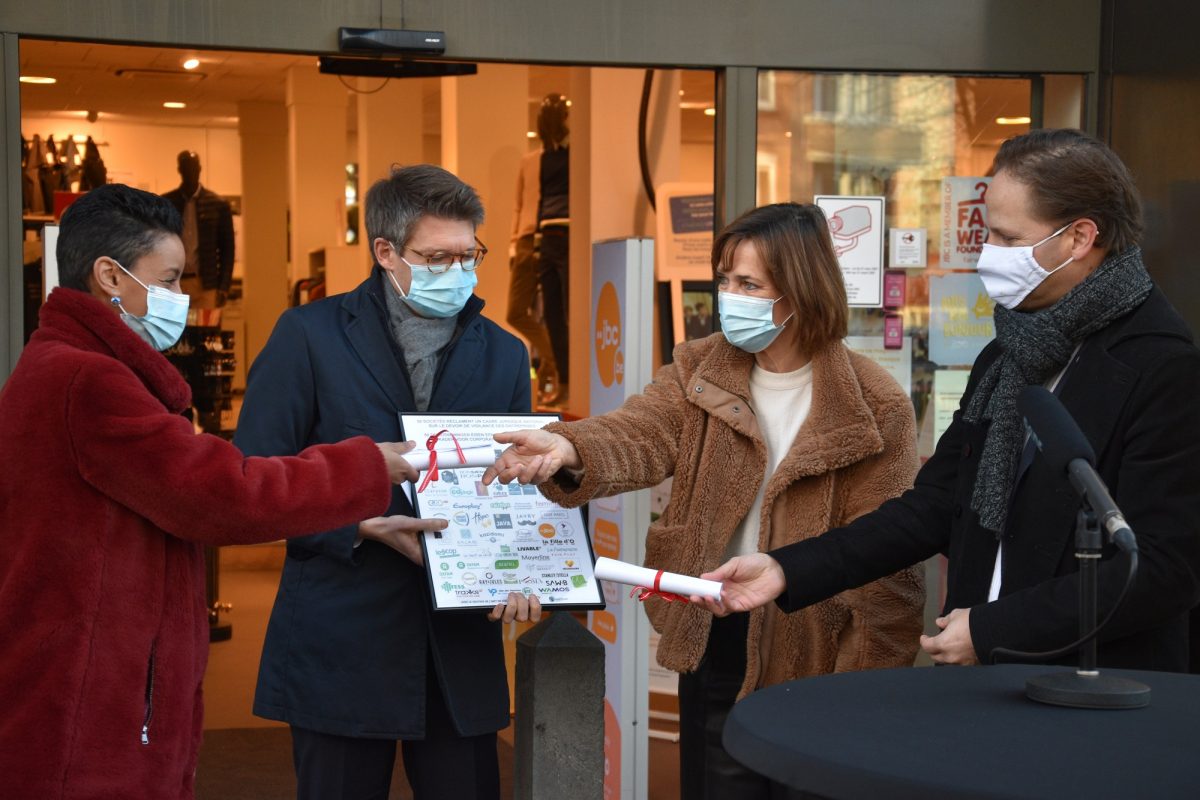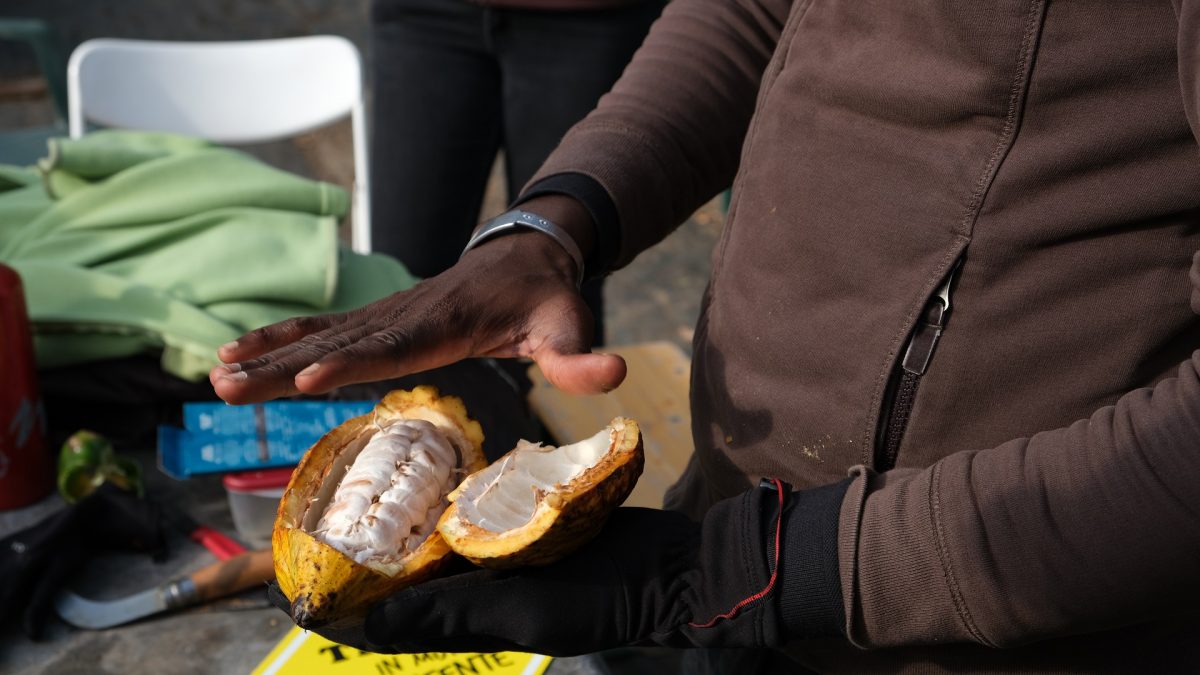A circular economy is regularly presented as a possible solution to the environmental crisis facing the world today. The question is: is that economic model compatible with fair trade? How can fair trade apply circular economy principles, and what benefits would this bring?











